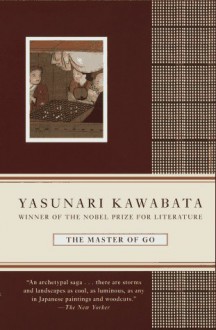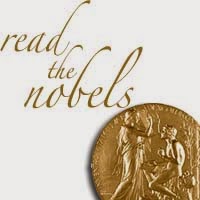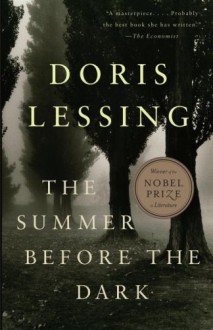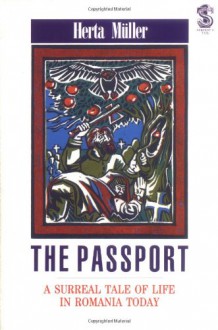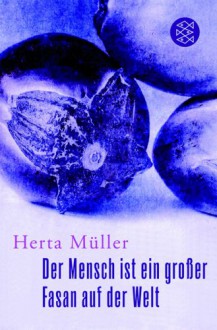The Great War of 1914-18 had been raging in Europe and other parts of the world for over a year, when in December 1915 the little known French writer Romain Rolland was awarded the Nobel Prize in Literature “as a tribute to the lofty idealism of his literary production and to the sympathy and love of truth with which he has described different types of human beings”. In reality, he may have been chosen because in his work he advocated peace and stood up against warmongers in his own as well as other countries. Just a few years later, in 1921, the by then already famous Austrian writer Stefan Zweig (1881-1942) portrayed the Nobel Prize laureate who was also his friend in the book Romain Rolland. The Man and His Work. But the biography isn’t a usual one because Stefan Zweig focuses on the artistic mission or rather vocation that his gifted friend felt in him from an early age and that he was determined to live although it meant sacrifice and even exile for a while.
Born into a bourgeois family in the small town of Clamecy, Nièvre, France, in 1866 Romain Rolland’s first acquaintance with the arts is with music that will always remain an integral part of his life. In school he also discovers his great love for literature and he makes friends with the writer-to-be Paul Claudel. Then he moves on to the École Normale to study History. There he makes friends with other important writers-to-be, namely André Suarès and Charles Peguy. After graduation fate has it that he is offered a two-year grant to further his studies in Rome and write his doctoral thesis. The experience is a revelation to him, not least because he meets a friend of Friedrich Nietzsche and Richard Wagner, Malwida von Meysenbug, who encourages him to go his way. Back in Paris Romain Rolland begins to teach Music History in different high schools and finally at Sorbonne University. At this time his writings are still closely linked to his work, but soon he makes first attempts at plays.
Around 1900 Roman Rolland and a group of friends found the literary magazine Cahiers de la Quinzaine. Moreover, they set out to modernise French theatre. Romain Rolland writes the seminal essay Theatre of the People (1903) and the first of a whole cycle of ambitious, though at the time unsuccessful plays. Then he turns to a cycle of biographies of the great men of history. Beethoven the Creator (1903), Michelangelo (1907), Handel (1910), and Tolstoy (1911) are the first to appear almost unnoticed by the public. In the early 1900s the author also begins to work on his most famous novel series in ten volumes surrounding a German musician in France, namely Jean-Christophe. The English edition is usually published in three volumes, namely Volume I – Jean-Christophe: Dawn, Morning, Youth, Revolt (1904/05), Volume II – Jean-Christophe in Paris: The Market Place, Antoinette, The House (1908), and Volume III – Journey’s End: Love and Friendship, The Burning Bush, The New Dawn (1910-12). Immediately afterwards he writes the comic novel Colas Breugnon, but in summer 1914 the war breaks out and it can only be published in 1919. The author is in Switzerland at the time and decides to stay there in exile because he doesn’t want to be forced into line with French politics. He is against war and wants to work for peace although thanks to censure writings like his anti-war manifesto Above the Battle (1915) and his pacifistic articles later assembled in The Forerunners (1919) aren’t reprinted in France or other war-faring countries. In 1915 the Swedish Academy of Sciences awards him the Nobel Prize in Literature. And he continues to write. By 1921, when Stefan Zweig brings out his biography of Romain Rolland, the tragicomic play Liluli, the novel Clerambault. The Story of an Independent Spirit During the War (1920), and the idyllic novella Pierre and Luce (1920) have been published. By 1929, when a new edition of the biography appears with an addition to the final chapter titled Envoy also the first volumes of the novel series The Soul Enchanted (1922-1933) and a biography of Mahatma Gandhi (1924) have appeared. More biographical essays, plays and novels followed.
Nota bene:
Since Stefan Zweig committed suicide in 1942, all original German editions of his work are in the public domain. A digital edition of an English translation of Romain Rolland. The Man and his Work is available on Project Gutenberg … like many of the works of Romain Rolland.
Although renowned for his fictionalised biographies of great historical figures – like the one of Romain Rolland that I just presented – and for his autobiography The World of Yesterday, Stefan Zweig was also a highly celebrated writer of fiction, especially novellas. To get an idea, I invite you to read my short review of Letter from an Unknown Woman posted here on Lagraziana’s Kalliopeion earlier this year and my long review of Twenty-four Hours in the Life of a Woman on my main book blog Edith’s Miscellany.

 Log in with Facebook
Log in with Facebook 


